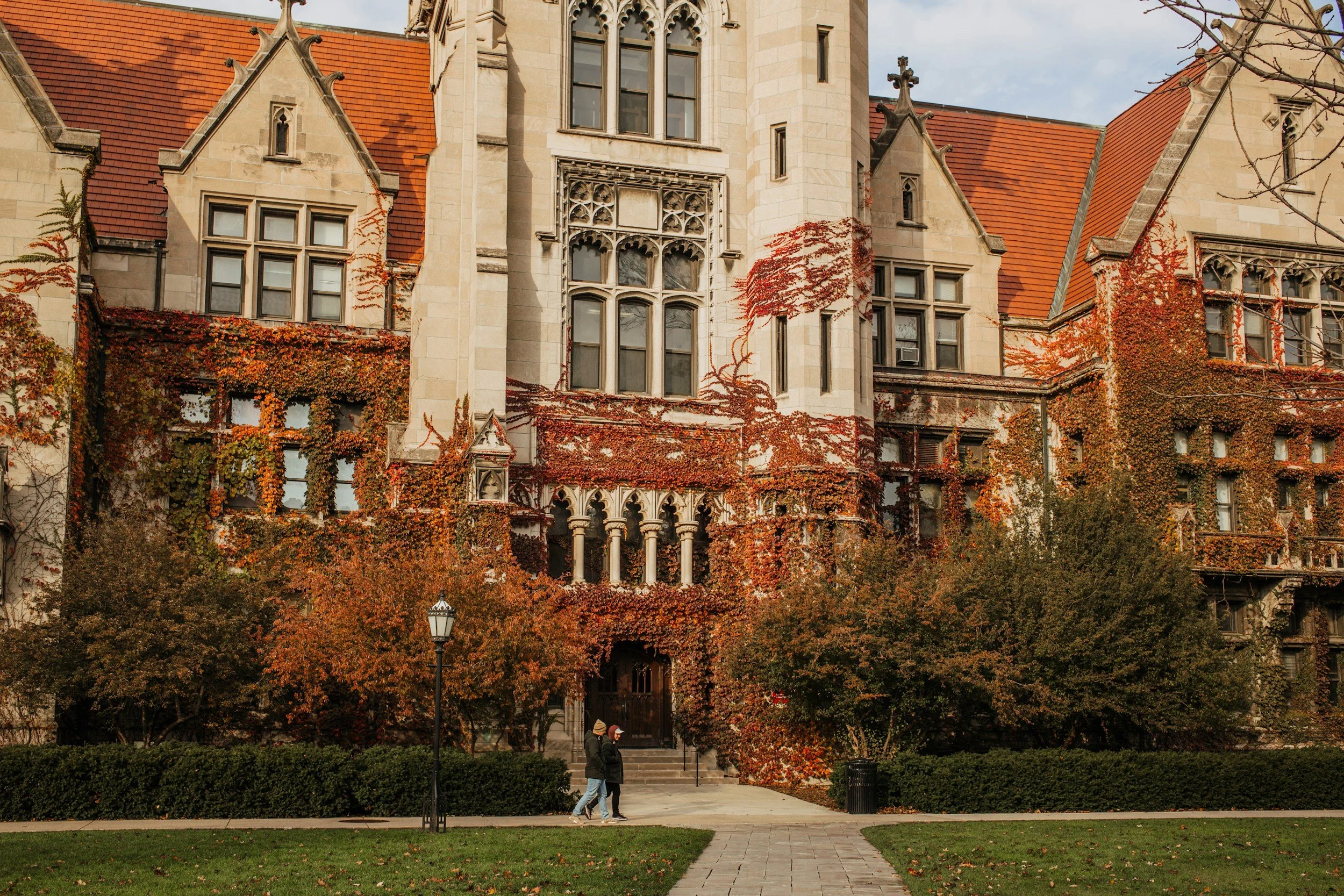
Abdulaziz M. AlHothi
M.A. in Psychology and Computational Analysis | Engineer | Data Analyst
University of Chicago | Qatar University | Doha Institute
Circuits of Morality
Before doing research, I was an electrical engineer, trained to keep machines running smoothly and diagnose their hidden faults. Working at a factory, I realized my fascination wasn’t limited to circuits and systems, it also extended to people.
Just as predictive models could flag vulnerabilities in electrical networks, I became curious about the “fault lines” in human judgment: how values, moral convictions, and attention guide the choices we make. That curiosity pulled me from engineering into psychology, where I now bring the same systems-thinking and analytical mindset to studying minds instead of machines.
My interest in morality comes from noticing how it is increasingly being tapped into outside academia. Politics, the tech world, and even marketing are already leveraging moral psychology to influence behavior and advance their goals. Yet, I see academics still playing catch-up in investigating morality psychologically, neurally, and culturally. This gap excites me: it means there is still so much to uncover about how moral convictions shape attention, cognition, and action.
With my engineering toolkit and technical coding skills, I am ready to take on the challenge of studying morality in a rigorous, computational, and interdisciplinary way. I am particularly motivated by the fact that the Middle East and the Islamic world remain thoroughly understudied in moral psychology, even though the region is undergoing profound social transformations and remains a major influencer of global moral discourse. By bridging my technical background with psychological research, I aim to contribute to a deeper, more culturally inclusive understanding of morality and its role in shaping human judgment and behavior.

